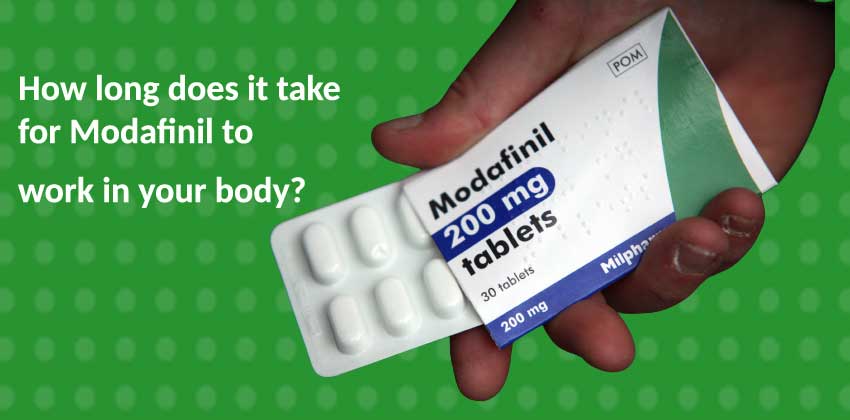-
Choose Store:


- Track Your Order
- My Account
- My Wishlist
- Log In
Fibromyalgia: All You Need To Know About It

Fibromyalgia is a chronic medical condition that can cause extensive body pain, tiredness, and cognitive problems.
Some people often get confused about fibromyalgia symptoms with those of joint inflammation or arthritis.
In this article, you will know about Fibromyalgia in detail and how to deal with it effectively.
What do you understand by Fibromyalgia?
Fibromyalgia is a long-term health disorder in which you experience symptoms that come and go in periods known as flare-ups.
Sometimes, you might feel exhausted and difficult to find a way to live with fibromyalgia problems.
Some common symptoms of fibromyalgia include poor sleep, headaches, increased urination, fatigue, tingling, and dry mouth.
There is no permanent cure for fibromyalgia but with the right treatment, you can get relief from its symptoms.
What causes Fibromyalgia?
Repeated nerve stimulation causes the brain and spinal cord of people with fibromyalgia to transform.
Such a type of transformation involves an abnormal rise in levels of some chemicals in your brain that signal pain.
Further, the brain’s pain receptors seem to develop some kind of memory of pain and become triggered.
This means they start to overreact to painful and nonpainful signals.
However, there are certain factors stated below that can lead to these changes:
Genetics
Fibromyalgia often runs in families, several genetic alterations may make a person more likely to suffer from this disorder.
Infections
Some illnesses or infections can trigger or worsen your condition of fibromyalgia.
Physical or emotional events
Fibromyalgia can be triggered by a physical event sometimes like a car accident.
Suffering from psychological stress for a long time can also trigger this medical condition.
Symptoms of Fibromyalgia
When it comes to fibromyalgia, primary symptoms include:
Widespread pain
This pain linked with fibromyalgia is usually described as a continuous dull ache that lasts for almost three months.
While suffering from widespread pain, you will experience pain on both sides of your body and above & below waist.
Fatigue
People with fibromyalgia wake up tired even after sleeping for a long time.
Sleep is often disturbed by pain and several patients with fibromyalgia also experience other sleep disorders like sleep apnea.
Cognitive problems
One common symptom of Fibromyalgia is cognitive issues. This disorder will affect your ability to concentrate on mental tasks.
Nevertheless, fibromyalgia also co-exists with other ailments like:
- Chronic fatigue syndrome
- Irritable bowel syndrome
- Temporomandibular joint problems
- Depression
- Nervousness
- Migraine and other types of headaches
- Interstitial cystitis or painful bladder syndrome
- Postural tachycardia syndrome
Who is more affected by Fibromyalgia?
Anyone can suffer from fibromyalgia disorder. It affects people of all age groups, including children.
People assigned female at birth (AFAB) and older people above 40 are more likely to suffer from Fibromyalgia.
What triggers contribute to a fibromyalgia flare-up?
There are certain events or changes in a person’s life that can trigger a fibromyalgia flare-up.
As everyone is different, it’s not important that what triggers symptoms for you can be the same for others.
Remember anything that increases stress can cause or trigger a flare-up, including:
- Emotional stress that is caused by social life, job, or financial conditions
- Transformation in daily routine
- Hormone changes
- Getting sick
- Changes in diet or not getting the right nutrition required by the body
- Not getting proper sleep or changing when you sleep
- Adding new medications or treatments, or altering a regular fibromyalgia treatment regiment
- Temperature or weather changes
What are the different stages of Fibromyalgia?
Fibromyalgia is a dynamic condition due to which you will not experience symptoms in any particular order.
Depending upon how you feel, a doctor will treat your fibromyalgia disorder in stages.
Everyone is different and how fibromyalgia affects your body is going to be unique.
Here are four stages of treating fibromyalgia:
Non-pharmacological treatments
Your doctor will recommend you some stretches and exercises to relax & strengthen muscles & joints.
Psychological treatments
A mental health professional will identify different ways to properly maintain a healthy self-image.
They will also suggest some methods to manage symptoms that are affecting your emotional and mental health.
Pharmacological treatment
A doctor will suggest some effective and prescription medicines to manage your symptoms quickly.
Daily functioning
An occupational therapist will aid you to find out your daily routine when experience serious symptoms.
Such type of symptoms can make it hard for you to participate in various regular activities.
Treatment for Fibromyalgia
Fibromyalgia can be difficult for you to manage alone. To help manage your condition, a rheumatologist will provide you treatment program.
This treatment program will mainly include a blend of pharmacological and nonpharmacological therapies.
As fibromyalgia is a syndrome and every person is going to experience different symptoms.
To treat your condition quickly, an individual treatment plan is necessary.
Here are some common treatment plans which doctors suggest:
- Acupuncture
- Psychotherapy
- A low-impact exercise program
- Physical therapy
- Massage
- Chiropractic
- Stress reduction methods
- Psychotherapy like cognitive behavioral therapy
- Medicines such as nerve pain drugs like aspadol, antidepressants, and muscle relaxers
What are the complications of Fibromyalgia?
People suffering from fibromyalgia have more chance to get hospitalized due to pain, mental health, and fatigue symptoms.
When experiencing fibromyalgia, you might also have memory issues and trouble in concentrating.
As soon as you notice changes in your symptoms, immediately contact a doctor.
Remember Fibromyalgia cannot be cured and it is a condition that you have to live with.
You can consult a doctor who will identify and address all your triggers. In this way, right treatments can be recommended.
Thus, follow your prescribed treatments to decrease symptoms and improve your quality of life.






